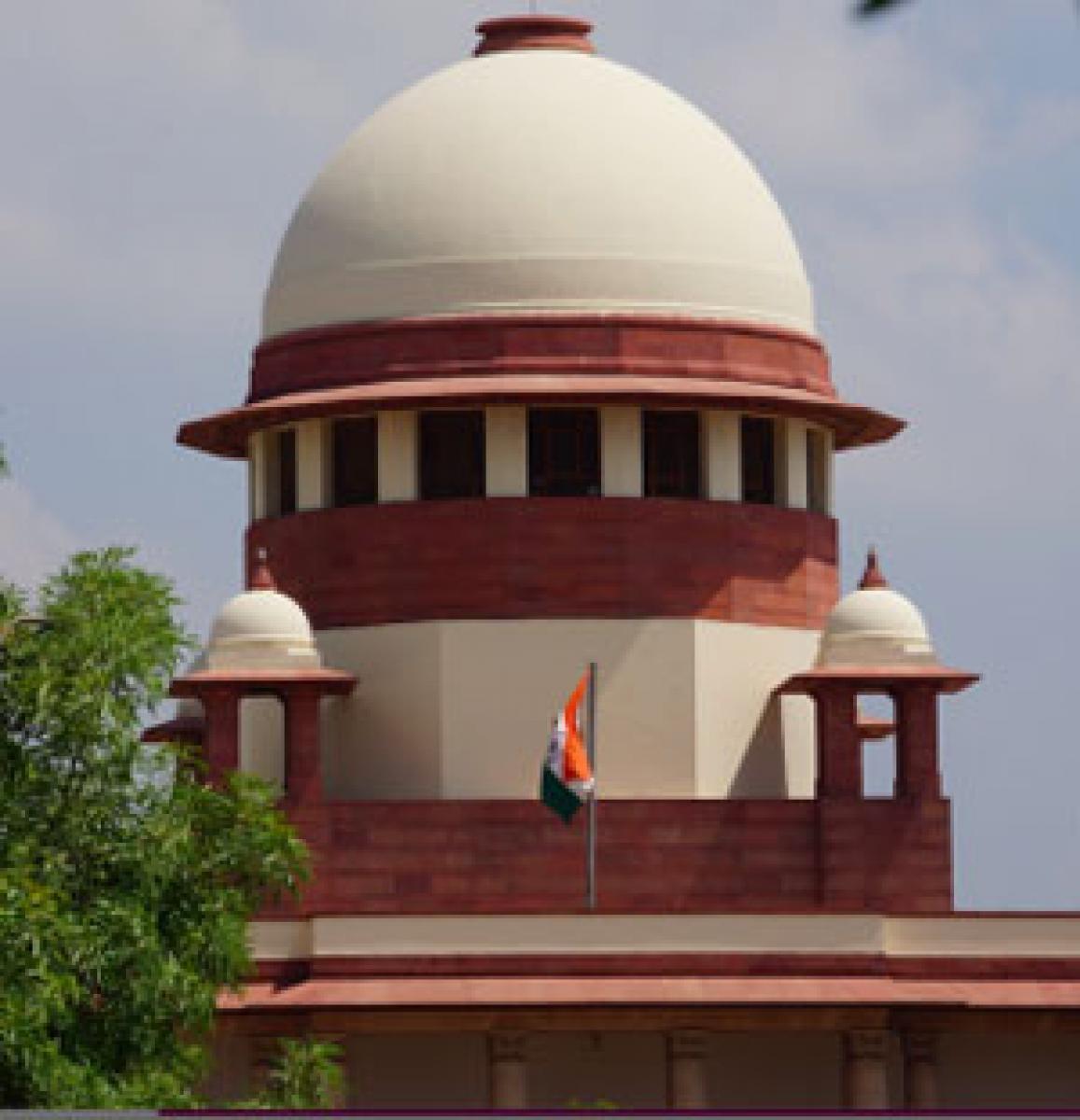Live
- Long queues outside polling booths in Jammu-Reasi LS constituency
- Indian startups file 83,000 patents in FY23; AI, neurotechnology lead
- 31.77 pc polling in Maharashtra's 8 seats till 1 p.m.
- Ukrainian minister remanded in custody after corruption allegations
- Revanth Reddy counters Harish Rao's resignation episode, says it is not in speaker format
- South Korean health officials call for vaccine over spike in whooping cough cases
- Priyanka talks about her docu ‘Womb’: Rallying call to action for women
- Court extends Manish Sisodia's judicial custody till May 8 in ED case
- Captivating performance by disciples of Guru Ananda Shankar Jayant
- 91 pc of Indian firms will use half or more data to train AI models





 AP, TS confined eligibility to local candidates
AP, TS confined eligibility to local candidates



